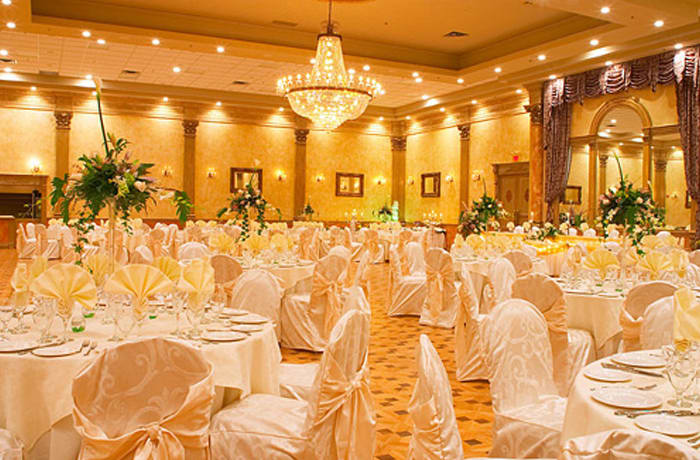Yehoshua had a good heart and wanted to be kind to others. He would always look for ways to make the poor people feel closer to him, to show them love, and to share everything he had. One day, Yehoshua’s wife gave birth to a son. As usual, he invited many of his friends and neighbors to celebrate the Brit, his son’s circumcision. The normal practice was to seat the rich and prominent people of the community at a head table in the front of the room, while the paupers and the regular people would sit towards the back of the room. But when the guests came to Yehoshua’s celebration, they were greatly surprised by the seating arrangement.
That morning, Shimon the peddler rose faster than was normal for him. As usual, he was hungry. For days and even weeks, he had not been treated to a proper meal. But today, he had been invited to Yehoshua’s Brit! Today he would finally be able to enjoy a good meal, even participating in a mitzva at the same time!
One street away, Mr. Cohen was busy shining his shoes and polishing the buttons on his shirt, preparing for the same event. Mr. Cohen was not especially excited by the prospect of the meal (which he was sure would be simple and rather mundane), but he enjoyed having an opportunity to appear in front of the community. He liked to mingle with the prominent people of the town, and to warmly bless anybody who came to shake his hand. He even prepared a thought in case he would be asked to speak, while at the same time hoping that he would find some interesting business opportunities, as had happened in the past.
When Shimon the peddler arrived at the celebration, Yehoshua took his hand and led him straight to the head table. “One time” – Yehoshua thought to himself – “Shimon deserves to be treated with respect. Is he any worse than anybody else just because he has not been blessed with wealth? Today he will be treated differently! In my celebration, it is the poor and simple people who will sit at the head table!” Shimon looked around him and immediately decided that he had come to the wrong place. His worn clothing suddenly did not look appropriate. The table was loaded with good food, but Shimon felt that everybody was looking at him, and he did not feel comfortable starting to eat right away. He waited patiently, and in the end he allowed himself to eat a slice of bread with a few olives. The odor of the excellent food reached his weary senses, but his good manners and his embarrassment did not allow him to enjoy all the food that he wanted to have. When he looked around, he saw that his friends near him at the table felt the same way.
At the table in the end of the hall, Mr. Cohen sat, embarrassed. He had been forced to thread his way between tables full of guests, and in the end he barely found a place to sit. Since he was sitting in a far corner of the room, almost nobody paid any attention to him, and only a very few people greeted him and showed him respect. Mr. Cohen was not insulted or angry. He knew Yehoshua well and appreciated his good intentions, but in the end Mr. Cohen felt embarrassed and also bored. He was used to being at the center of a celebration, and here he was, sitting on the sidelines. He almost felt humiliated by the entire event. Every minute felt like an eternity, and he waited for the first opportunity to escape.
When the guests left, Yehoshua had the feeling that many of them were not satisfied. There was an atmosphere of unease and embarrassment, but he could not understand why.
And what about my readers? Can you explain what happened? Is it always a good idea for a poor man to sit where the rich men usually do? Or for the rich men to sit in the pauper’s corner?
Source: A parable by the Maggid of Dubna. Email yikhat1@smile.net.il with reactions and suggestions for stories. Reprinted with permission from Zomet Institute (www.zomet.org.il). Translated from the Hebrew by Moshe Goldberg. To subscribe to receive the complete version of Shabbat BeShabbato please write to dan@zomet.org.
The words of this author reflect his/her own opinions and do not necessarily represent the official position of the Orthodox Union.



